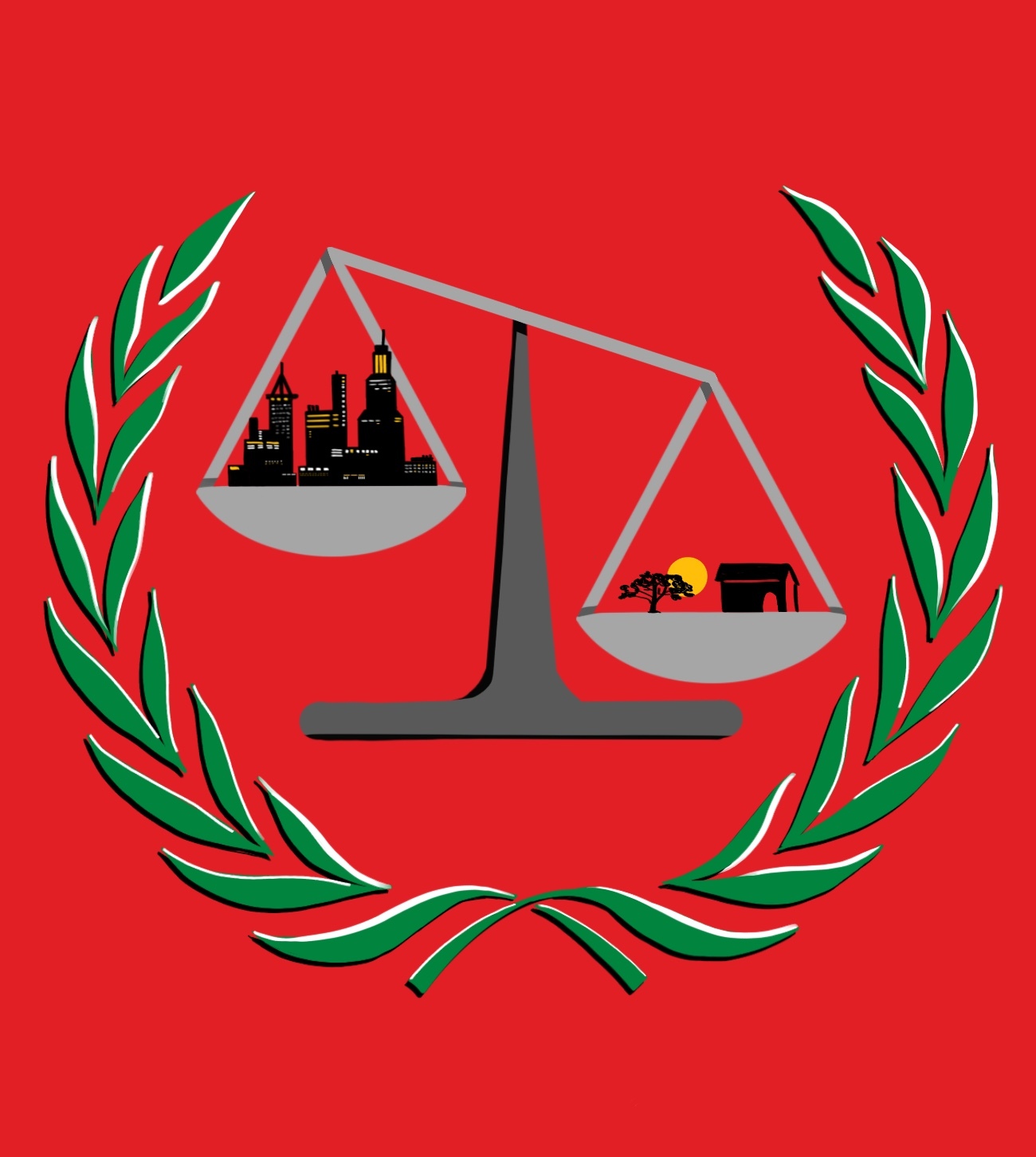The ICC-African Relationship: More Complex Than a Simplistic Dichotomy
DOI:
https://doi.org/10.26443/firr.v11i2.75Abstract
The International Criminal Court’s (ICC) legitimacy, as an independent and unbiased international criminal court, has been brought into question, for all 30 official cases opened to this date are against African nationals. The ICC-African relationship is often framed in this excessively simplistic dichotomy: either the ICC is regarded as a Western neo-imperial colonial tool, or as a legal institutional champion of global human rights, rid of the political. Nevertheless, each obfuscates the complexity of this relationship by purporting either extreme. Rather, it is the legal framework of the ICC that necessitates selectivity bias against nationals from developing countries, in particular, African states. The principle of complementarity and the United Nations Security Council’s (UNSC) referral power embedded in the ICC’s legal framework, allows for African nations to be disproportionately preliminarily examined, investigated, and then tried, while enabling warranted cases against nationals from developed states to circumvent such targeting. Therefore, the primary issue lies not in cases the ICC has opened, but in the cases it has not.
Downloads

Downloads
Published
Issue
Section
License

This work is licensed under a Creative Commons Attribution-NonCommercial-NoDerivatives 4.0 International License.

